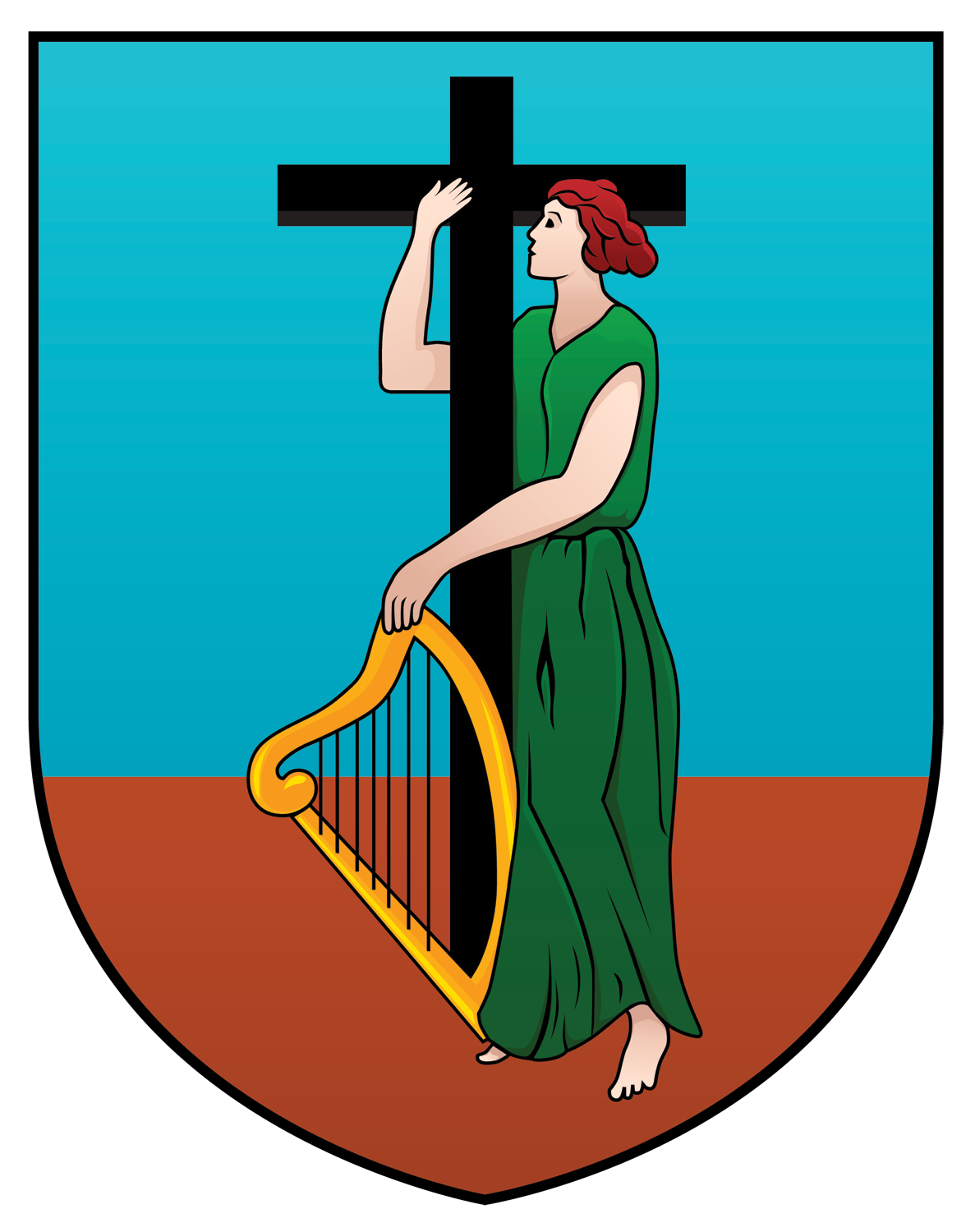English and Irish colonists from St. Kitts first settled on Montserrat in 1632; the first African slaves arrived three decades later. The British and French fought for possession of the island for most of the 18th century, but it finally was confirmed as a British possession in 1783. The island's sugar plantation economy was converted to small farm landholdings in the mid-19th century. Much of this island was devastated and two-thirds of the population fled abroad because of the eruption of the Soufriere Hills Volcano that began on 18 July 1995. Montserrat has endured volcanic activity since, with the last eruption occurring in July 2003.
Montserrat is a parliamentary democracy and a self-governing overseas territory of the UK.
Source: CIA World Factbook
Members:
Resources
Displaying 6 - 10 of 46Port Authority Act (Cap. 7.09)
This Act establishes the Port Authority for Montserrat and defines its functions and powers. The Act also makes provision with respect to compulsory acquisition of land by the Authority and defines certain rules applying to port operations and navigation in ports. Some provisions concern the storage of perishable goods. The Governor may with the advice of the Authority, make Regulations generally for the conveyance, loading, discharging and storage of dangerous goods within the limits of a port.
Implemented by: Port Authority Regulations (Cap. 7.09) (2002-01-01)
Settled Estates Act (Cap. 8.17).
This Act provides with respect to leases and sales of settled estates. “Settled estates” signifies land, and any estate or interest therein, which is the subject of a settlement. “Settlement” signifies any instrument under or by virtue of which any land or any estate or interest in land stands limited to or in trust for any persons by way of succession. The Act sets out requirements and procedures for to leases and sales of (rights on) settled estates under authority of the court or by a tenant for life.
Settled Estates Act (Cap. 8.17).
This Act provides for sale and lease of land, and any estate or interest therein, which is the subject of a settlement. “Settlement” signifies any act, deed, agreement, will or other instrument under or by virtue of which any land or any estate or interest in land stands limited to or in trust for any persons by way of succession. Settled estates may be sold or given in lease under authority of the High Court or by a tenant for life.
Partition Act (Cap. 08.16).
This Act concerns partition of all lands the subject of any co-tenancy, whether held or acquired before or after its passing. All joint tenants and tenants in common of any estate on which they have specified rights may be compelled in manner provided for in this Act to make severance and partition between them of all such lands respectively. A Court may order partition on application The Court may also order sale of the land concerned. A motion for partition shall include a motion for sale and distribution of the proceeds, and vice versa.



